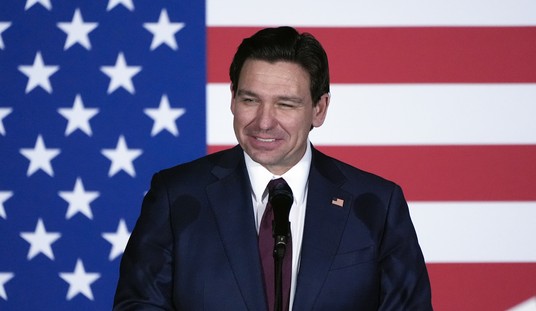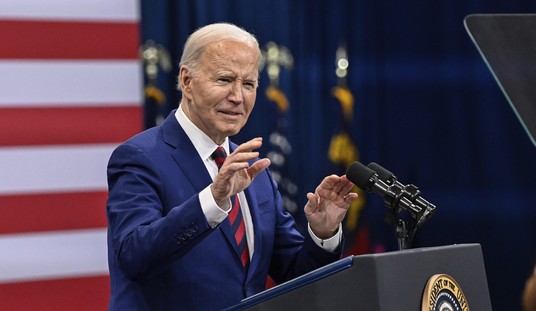Unsurprisingly, President Obama and others have used the recent $2 billion loss by JPMorgan Chase as a call for more regulation. Obviously, our existing regulations have worked so well that more can only be better!
What the president and his allies miss is that recent events at JPMorgan illustrate how the system should — and does — work.
Let's compare two cases. In September 2003, when warned of problems at Freddie Mac and Fannie Mae, then-House Financial Services Chair Barney Frank stated, "I want to roll the dice a little bit more in this situation." Well, Chairman Frank did indeed "roll the dice," and now the American taxpayer is almost $200 billion poorer.
Mark A. Calabria is director of financial regulation studies at the Cato Institute.
More by Mark A. Calabria
JPMorgan rolled the dice, betting that the U.S. economy would improve — essentially a bet on Obama's economic agenda. That bet went south. JPMorgan lost $2 billion, one hundredth of the losses so far on Fannie Mae and Freddie Mac.
But the losses at JPMorgan were borne not by the American taxpayer, but by JPMorgan. The losses also appear to have been offset by gains so that in the last quarter JPMorgan still turned a profit.
This is the way the system should work. Those who take the risk, take the loss (or gain). It is a far better alignment of incentives than allowing Washington to gamble trillions, leaving someone else holding the bag.
The losses at JPMorgan have also resulted in the quick dismissal of the responsible employees. Show me the list of regulators who lost their jobs, despite the massive regulatory failures that occurred before and during the crisis. In fact, some of the most incompetent, such as the previous president of the New York Federal Reserve Bank, actually got promotions.
Recommended
Talk about twisted incentives. In the private sector, you gamble, you take the loss, and you may lose your job and your career. In the public sector, you gamble and the taxpayer takes the hit, and you might even get a promotion out of it.
President Obama has warned that "you could have a bank that isn't as strong, isn't as profitable making those same bets and we might have had to step in." Had to step in? What the recent JPMorgan losses actually prove is that a major investment bank can take billions of losses, and the financial system continues to function even without an injection of taxpayer dollars. It is no accident that many of those now advocating more regulation are the same people who advocated the bailouts. Banks need to be allowed to take losses.
The president also sets up a ridiculous standard of error-free financial markets. All human institutions, including banks and even the White House, are characterized by error and mistake. Zero mistakes is an unattainable goal in any system in which human beings are involved.
What we need is not a system free of errors, but one that is robust enough to withstand them. And the truth is that the more small errors we have, the fewer big errors we will have. I am far more concerned over long periods of calm and profit than I am with periods of loss. The recent JPMorgan losses remind market participants that risk is omnipresent. It encourages due diligence on the part of investors and other market participants, something that was sorely lacking before the crisis.
One should also remember that while JPMorgan lost just over $2 billion, somebody made $2 billion. Net losses in the system were zero. The event was in no way "systemic," even under the very loose definitions pushed by Treasury and the Fed. Someone is correct, they make money; another other party is incorrect, so they lose money.
But it isn't just a gamble. JPMorgan was engaged in hedging activity in the corporate bond market, which ultimately helps increase liquidity in that market; helping corporations to grow and expand employment.
Just as the Dodd-Frank Act used the cover of a crisis to reward special interests and ignore the actual fault lines in our financial system, President Obama and others are attempting to use JPMorgan's recent losses to cover up and distract from regulatory failings. If Dodd-Frank had actually ended Too-Big-To-Fail, as the president promised at the time, then JPMorgan's losses would be irrelevant. Rather than point the finger elsewhere, the president should admit his mistake, call for the repeal of Dodd-Frank and begin the process of actually fixing our financial system.
This article appeared on The Huffington Post

























Join the conversation as a VIP Member